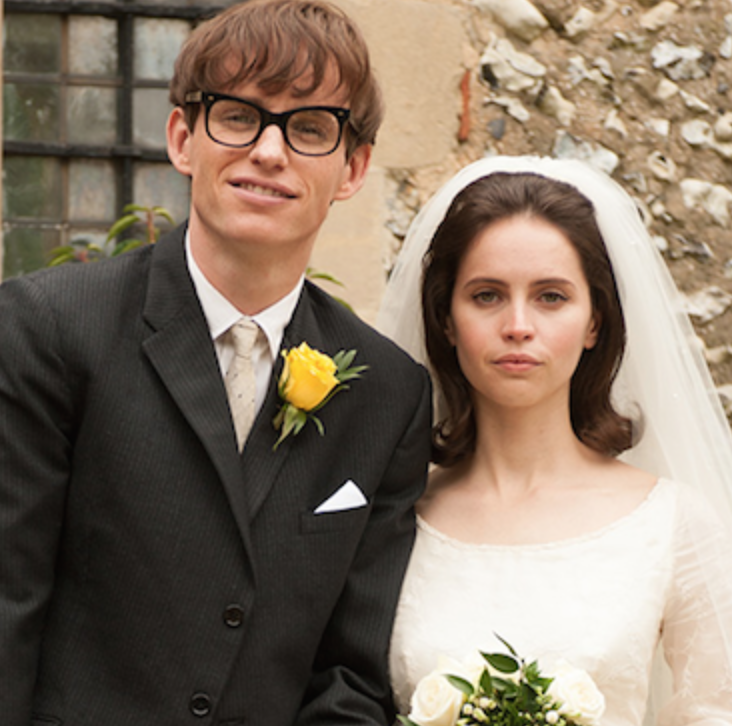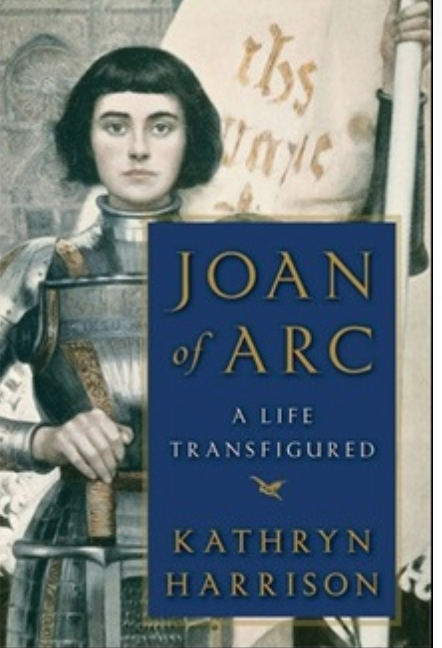 Mark Twain once said, “History doesn’t repeat itself but it does rhyme.” Certainly that’s true when it comes to feminism. Women began the twentieth century fighting for the right to vote as well as for legal, affordable contraception. Although they achieved their goals, 100 years later voting is once again a problematic issue and the “right to choose” becomes more tenuous by the day.
Mark Twain once said, “History doesn’t repeat itself but it does rhyme.” Certainly that’s true when it comes to feminism. Women began the twentieth century fighting for the right to vote as well as for legal, affordable contraception. Although they achieved their goals, 100 years later voting is once again a problematic issue and the “right to choose” becomes more tenuous by the day.
Part of the problem is women today take their liberties for granted because they don’t realize how recently they were acquired. “Herstory” isn’t remembered well, even by many activists. And when that’s the case, we’re not just doomed to rhyme; we’re doomed to lose momentum.
In her new book, The Secret History of Wonder Women, Jill Lepore reminds us of the suffragists and feminist utopists of the early twentieth century who helped birth the most popular female superhero of all time. Although the raven-haired Amazon didn’t debut in a comic book until 1941 (just as the United States entered World War II), Lepore details how she harkens back to the first wave of feminism. Continue Reading →


